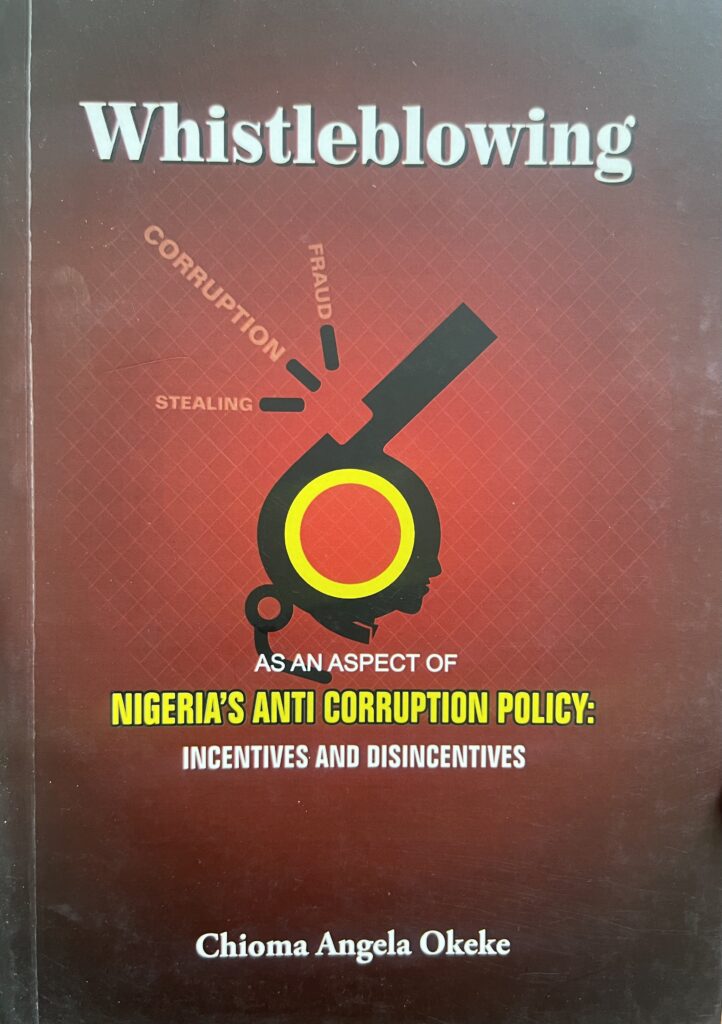MEAK INVESTMENT LTD & ANOR v. KEYSTONE BANK PLC (2024) LPELR-61895(CA)
“Can it be sincerely said that the Appellants who instructed the Respondent to sell the shares and who later applied for a roll-over of the overdraft facility using the same shares as collateral, expected the Respondent to still carry out their previous instruction to sell the shares? In other words, can the Respondent in the same breath be carrying out two distinct and opposite requests from the Appellants, namely, to sell the shares and at the same time use the same shares expected to be sold as collateral for
the roll over and increase in the overdraft facility from N3.5m to N5m? The answer is a certain No! The lower Court aptly and impeccably captured the position very well at page 244 of the record of appeal as follows:
“Now having requested the defendant to sell off all the shares on one breath, the plaintiff on
another breath wanted a roll-over to N5m using the same facility. Now if the defendant had carried out the plaintiff’s instruction to sell off all the shares to liquidate plaintiff’s liability, would there have been any basis to roll-over the facility? I think that request for further roll-over of the loan had repudiated earlier instructions of the plaintiff to dispose of the shares. It is a clear case of approbating and reprobating
at the same time. The plaintiff gave with left hand and collected with right hand. It was this indecision to blow hot and cold at the same time that cast doubt on the genuineness of the instruction to sell the shares.
It is evident that the plaintiff did not in any way withdraw their earlier instructions before asking for the roll-over.” Continuing further at page 247 of the record of appeal, the trial Court held: “… it is not in doubt that the plaintiff applied for the rollover using the same collateral it had previously instructed the defendant to sell. According to the plaintiff, it did not write the defendant to withdraw the pledge of the
collateral as security for the rollover of N5m because it thought its earlier instruction to sell the share stands. What this portends is that the plaintiff was equivocal in its instruction to the defendant to sell the shares.” The Appellants made an attempt to wriggle out of the pit they fell into by the subsequent request for a roll-over by alleging that the Respondent did not provide the said additional N1.5m to make up the
overdraft facility to N5m. I see this attempt or excuse that they never drew on the roll over because the Respondent did not make the funds available as lame, beside the point, unsubstantiated and immaterial.
This is because the issue of not assessing the roll over and increased facility of N5m does not detract from the fact that the Appellants have pledged the shares as collateral for the new overdraft request. This is evident from the last paragraph of Exhibit L dated 21/4/2008, personally signed by the 2nd Appellant, and
found at page 118 of the record of appeal, where the Appellants declared that – “The collateral for this facility still remains our share portfolio with your bank valued at N9m (Nine million Naira only)”. It is my firm view that this subsequent request for a roll over and pledge of the share portfolio as collateral has effectively countermanded the Appellants’ earlier instruction to sell the said shares. In the light of the clear finding of the lower Court and myself that the effect of the later request for a roll-over of the overdraft facility vide Exhibit L dated 21/4/2008 is a repudiation and countermand of the earlier instruction vide Exhibit H dated 18/3/2008 to sell the shares, it means that the Respondent owed no duty to the Appellants which they breached. It follows that the allegation of negligence does not arise at all. I
join the lower Court in echoing the fact that the Appellants cannot approbate and reprobate at the same time. I have no doubt that the lower Court was on firm ground in holding that no negligence was established by the Appellants against the Respondent, and I so hold.”

